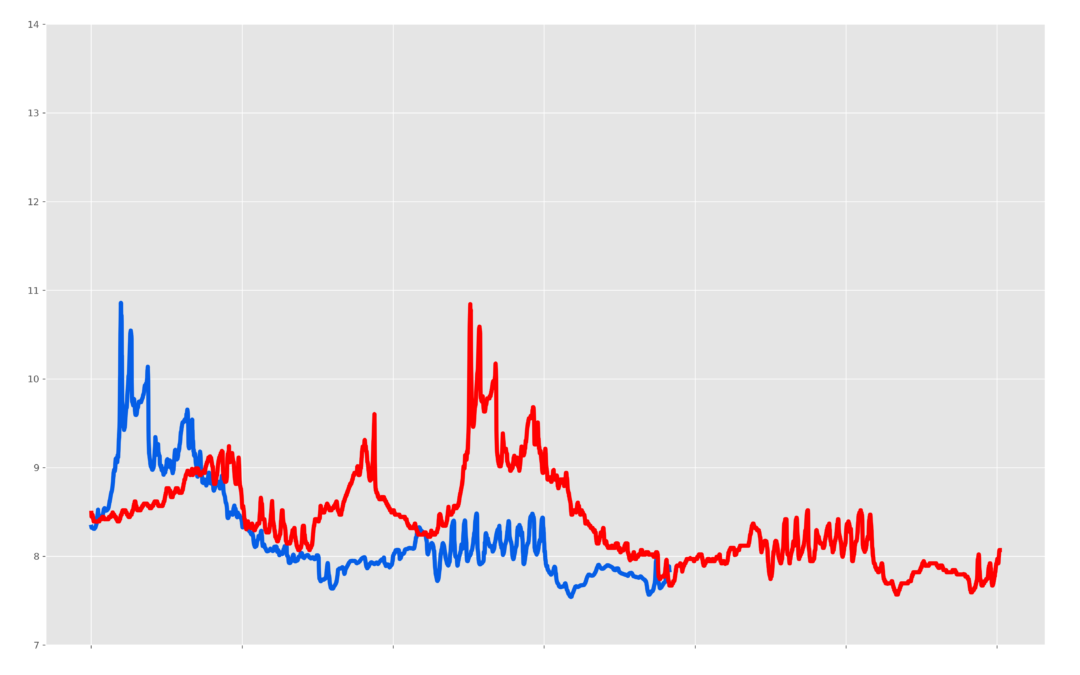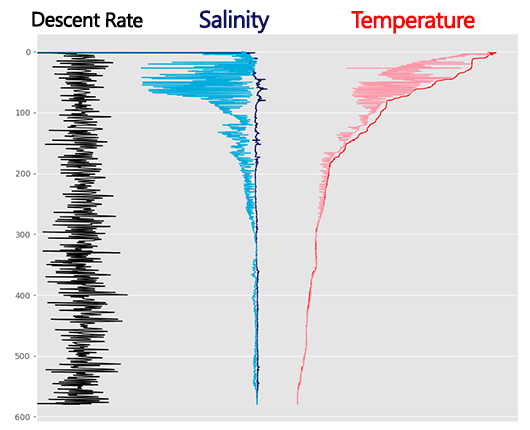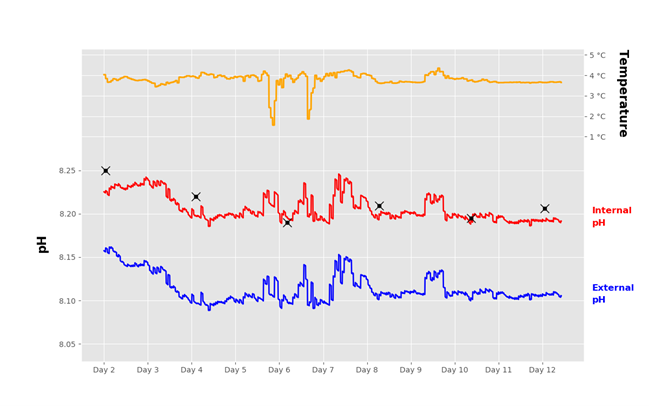Although they should match perfectly, the two sensors rarely reported the same temperature value throughout their deployment. Furthermore, the 16plusV2 appeared to stop logging, although the batteries still had life upon recovery. Can you identify the problem?


